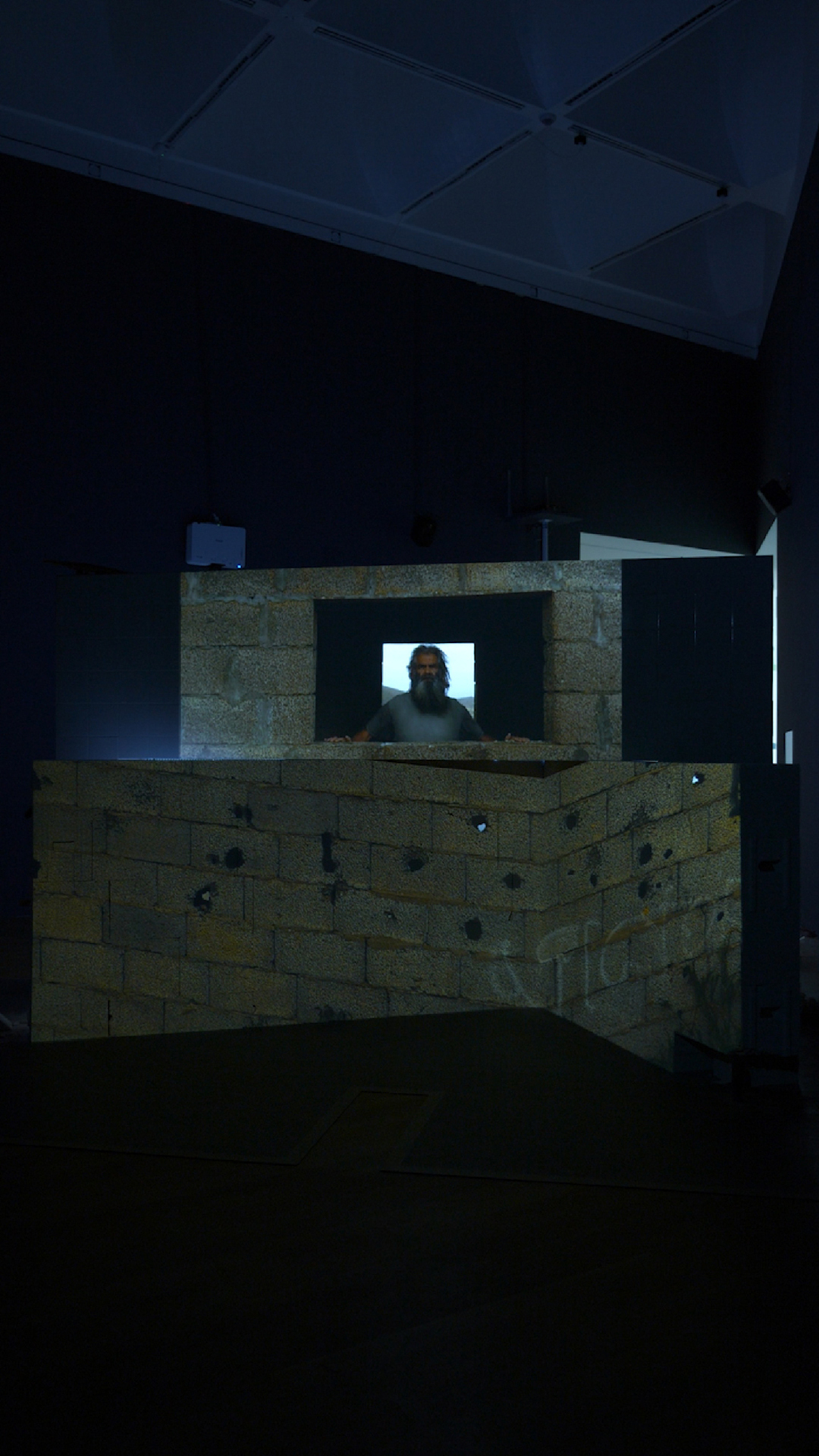Archive
2021
KubaParis
Fluid States. Solid Matter



















Location
Kunstmuseum BonnDate
03.03 –17.04.2021Curator
Tasja LangenbachPhotography
Michael PetriSubheadline
The VIDEONALE.18 entitled “Fluid States. Solid Matter” opens up a space of reference for reflecting on a changing world in which social, political, economic and ecological interrelations are reassessed and orders are newly constituted in complex dynamics.Text
The VIDEONALE.18 entitled “Fluid States. Solid Matter” opens up a space of reference for reflecting on a changing world in which social, political, economic and ecological interrelations are reassessed and orders are newly constituted in complex dynamics.
On what basis do we live, think and act today? And how are we shaping this basis for the future? Common Western anthropocentric concepts that have been applied to large parts of the remaining world over the course of history – from human rights via the notion of private property to the founding of nation states – are based on the assumption of a sovereign individual, a fixed and autonomous body with distinct contours and clear boundaries to its environment. But how does this body, our perception of it and thus its positioning in the world, change when we conceive it as a fluid body engaged in a constant exchange with other bodies and its human, natural and more-than-human surroundings? This idea of “Bodies of Water” (Astrida Neimanis) not only liquefies our conception of a clear separation between humans and nature, it also upends many other hitherto valid hierarchies and boundaries, providing space for thinking about new, more complex reference systems in which we move about together with our bodies.
If we accept this as the basis for a future form of coexistence, how does that alter our perception of the other? What new possibilities of social, political, ecological, and economic cooperation would then be conceivable? Often based on very concrete places, things or autobiographical constellations, the 31 positions of the VIDEONALE.18 consider how liquefying firm constellations – solid matter – to fluid states – new, more permeable conditions – can have an effect on our being-in-the world. With their models and thoughts, they show that the shaping of future utopias is made possible not by exclusion and demarcation, but by forging new alliances and solidarities.
In response to the artistic positions, the VIDEONALE.18 creates fluid spaces in the exhibition as well as in the festival program and the six-week supporting program, making them a forum for exchange and dialog with talks, presentations, workshops, performances, and participatory formats. To this end, we will broadcast live and in color from the Kunstmuseum Bonn, embedded in an exhibition architecture that spatially stages the idea of “Fluid States. Solid Matter.”
Tasja Langenbach